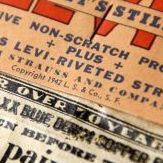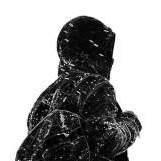Book Club
-
hello 2024!
supertalk is free to browse as a guest. You need to be a member to participate in discussions or buy and sell on the classifieds.
Classifieds listings are now free for members.
supertalk is now upgraded to //// supertalk 8 ////
______________________________________
New membership is $US 1 / month
Payable $US 6 / every 6 months
You can cancel renewals prior to renewal date.
______________________________________
You can also become a premium superseller or supermember. Businesses who want to promote their brand and products need to become a supersponsor. superfuture® is privately owned and has been online continuously for 25 years. supertalk has been online for 21 years and is a digital cockroach that will survive all current and future apocalypses.
-
Top 10 Active Viewed Topics
-
- 26757 replies
- 5970582 views
-
- 24136 replies
- 5864542 views
-
- 24722 replies
- 4307372 views
-
- 22877 replies
- 3348578 views
-
- 13524 replies
- 3170492 views
-
- 10643 replies
- 3089289 views
-
- 21115 replies
- 2699539 views
-
- 13243 replies
- 2660956 views
-
- 8532 replies
- 2341923 views
-
- 11326 replies
- 2309746 views
-











Recommended Posts
Join the conversation
You can post now and register later. If you have an account, sign in now to post with your account.